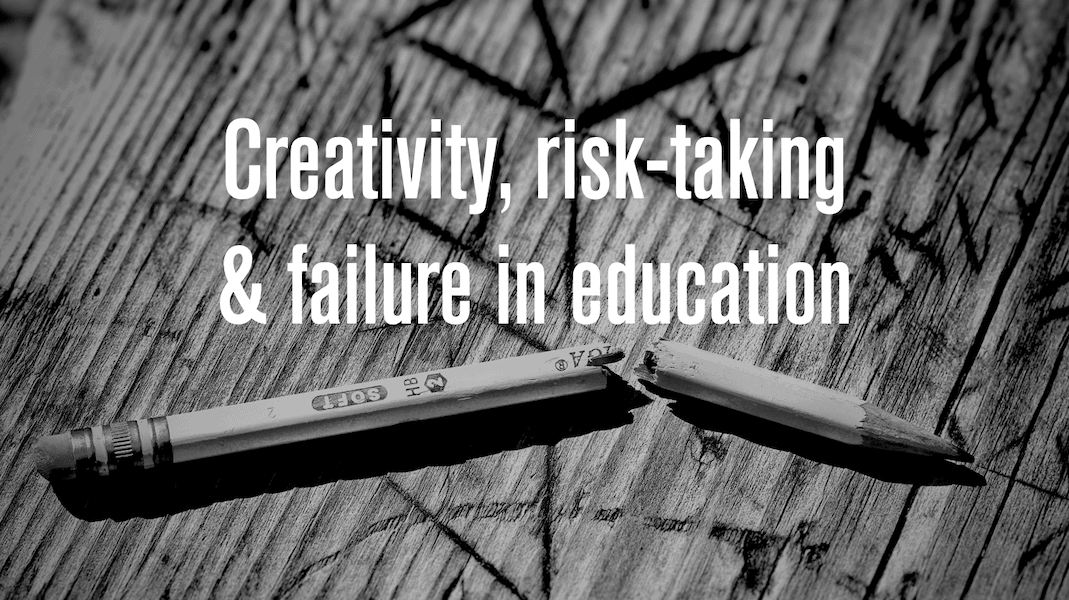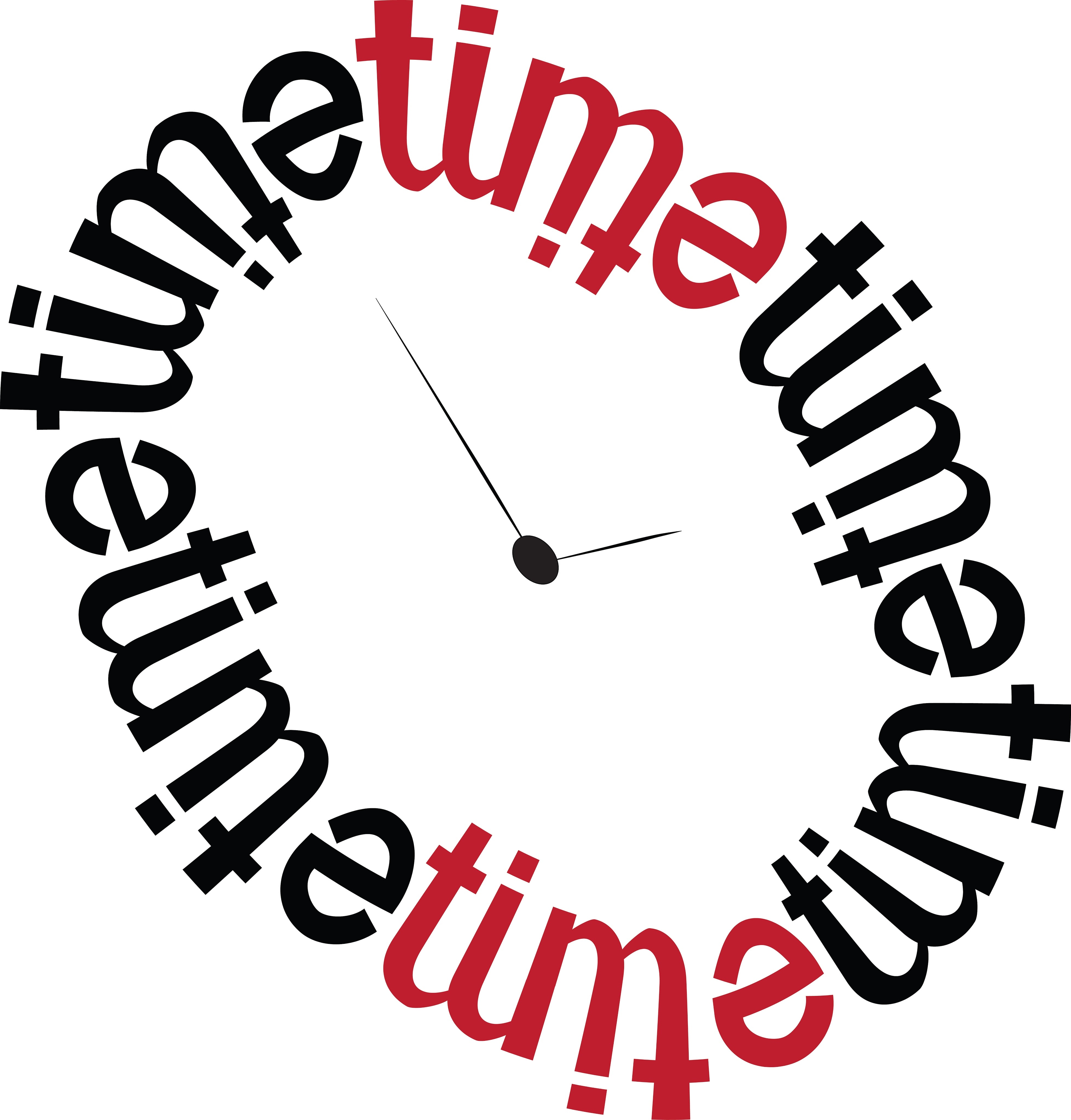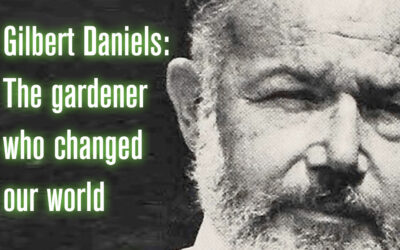Failure and risk-taking are essential to the creative process. It is rare that good original, creative work or ideas come together in the first try. Thus, an important component of engaging in creative practice is both an acceptance of potential failure as well as a willingness to persist despite these setbacks.
Failure, however, is anathema in our current educational context. It is often incompatible with the existing educational climate which emphasizes caution, standardization and an emphasis on measurable outcomes. This leads to a risk-averse culture, both within classrooms and across the broader educational system.
This is certainly a problem if we are to prepare students for an uncertain future, that will be defined by global, technological crises and opportunities. Preparing ourselves and the next generation for this future requires both the integration of creativity in educational practice as well as the inculcation of creative mindsets in learners.
A possible new and emergent space to think about failure in learning involves digital learning environments. We contend that it is critical to allow teachers and students space to experience creative risk taking and productive failure and that digital technologies can play an important role in enacting creativity, risk, and failure in the messy spaces of classroom implementation.
That said, there is a dearth of examples, techniques, frameworks as to how we can see failure as being productive in technology-infused educational contexts.
I recently had an opportunity to help edit (with my colleagues Danah Henriksen, Ed Creely and Michael Henderson) a special section of the journal TechTrends devoted to creative risk and failure through technology in education. This was an opportunity to expand this important conversation, by providing examples, theoretical frameworks and ideas for future research in this area.
The special issue includes 7 articles reflecting a variety of research paradigms, conceptual frameworks and methods related to these inter-twined constructs. We (the editors) also wrote an introduction for the special section (see below).
Henriksen, D., Mishra, P., Creely, E., & Henderson, M. (2021). The role of creative risk taking and productive failure in education and technology futures. TechTrends. https://doi.org/10.1007/s11528-021-00622-8
The other articles in the section include:
- My favorite failure: Using digital technology to facilitate creative learning and reconceptualize failure by Ronald A. Beghetto
- When failure is an option: A scoping review of failure states in game-based learning by F. Eamonn Powers & Robert Moore
- A research-practice partnership about K12 technology integration: Technology as a catalyst for teacher learning through failure and creative risk-taking by Cassandra Scharber, Lana Peterson, John Alberts
- K12 Practitioners’ Perceptions of Learning from Failure, Creativity, and Systems Thinking: a Collective Case Study by T. Logan Arrington, Alison L. Moore, Lauren M. Bagdy
- Leveraging Failure-Based Learning to Support Decision-Making and Creative Risk in Instructional Design Pedagogy by Jill Stefaniak
- Exploring Ambiguity Tolerance during the Adoption of Maker-Centered Learning Tools and Strategies by Shaunna Smith, Shelly Rodriguez
- Breaking Free: The Role of Psychological Safety and Productive Failure in Creative Pathmaking by Michael S. Mills, Jessica Herring Watson





0 Comments